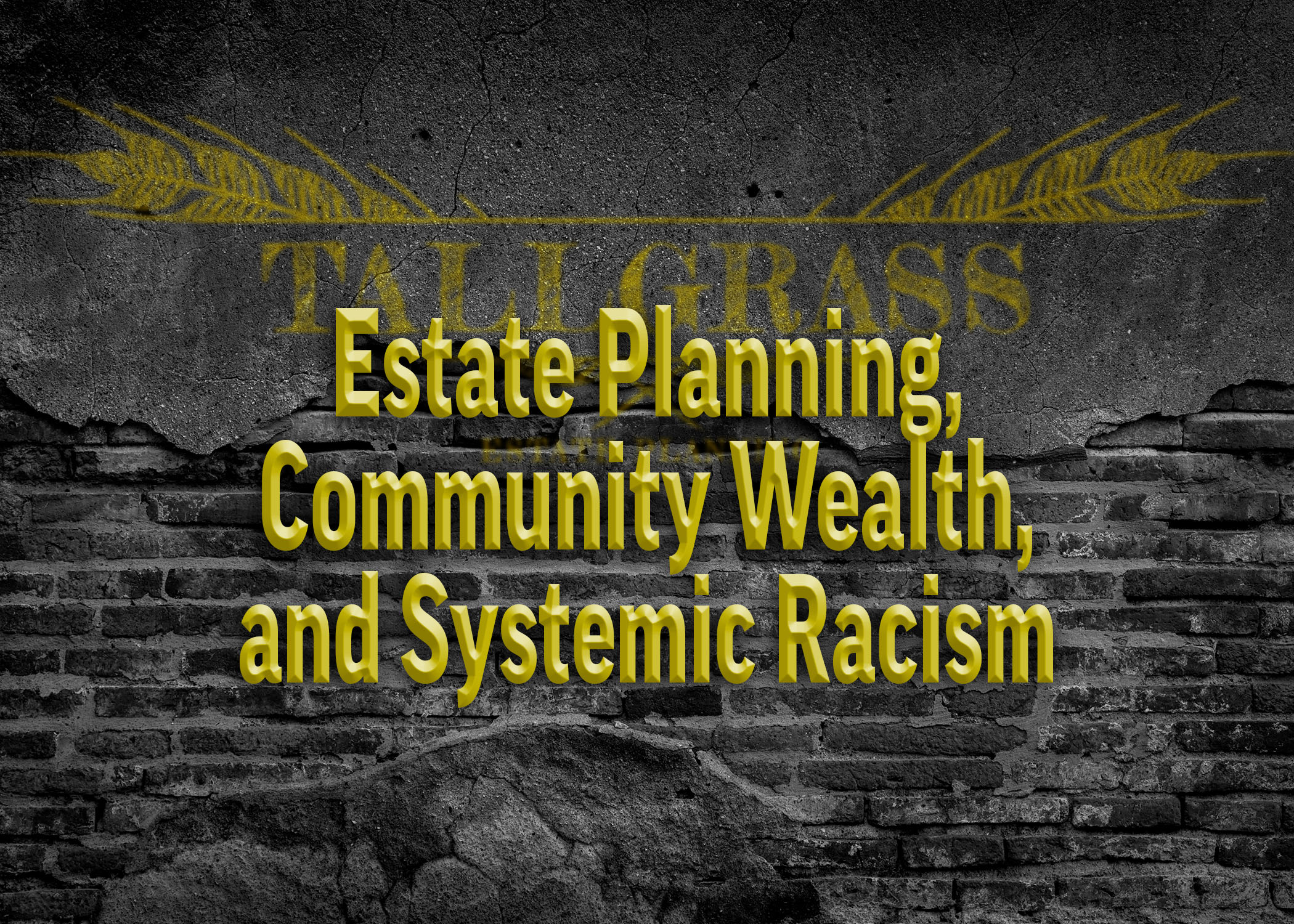
A thorough estate plan includes several important documents, but at the heart of the plan is either a trust or a will. Helping people understand the distinction between a trust and a will is one of the most important parts of my conversations with clients. Most people don't know the difference, or, more importantly, why the difference matters. But if you will invest 30 seconds skimming this post, you will know more about trusts than just about everyone else you meet.
A trust is like a garden
Strictly speaking, a trust is a legal entity that holds property for the benefit of specific individuals or entities. But I don't think that's a very helpful definition. So I like to compare a trust to a garden.
You can decide if, when, and how to plant a garden. You decide what is planted in your garden - vegetables, flowers, or whatever you like. And you can always change what is planted in your garden. You decide who gets to benefit from what is planted in your garden - just yourself or your children or your church or whoever you want. You decide who gets to help tend your garden. And, if you decide to let others help with your garden, you decide what they can and cannot do.
With a trust, you make all the same decisions and have just as much control. You decide what assets to own in your trust - your home, bank accounts, business interests, and investments. And you can always change what is owned by your trust. You decide who gets to benefit from your trust - you as long as you are alive, and then your children or friends or church or whoever you want. Just as importantly, you decide who does NOT benefit from your trust - your children's creditors or divorcing spouses, long-term care facilities, your spouse's new husband or wife or step-kids, if your spouse remarries after your death. And you decide who manages your trust (these people are called trustees) - which could be you for as long as you are well, and your children or a trusted friend if you become disabled or after your death.
A trust simplifies everything
Well, maybe not "everything." But a whole lot. Owning assets in trust does nothing to limit your control, and it places no additional tax burden on you or your beneficiaries. What it DOES do is avoid several potential messes down the road - costly and time-consuming probates, potential tax issues, potential long-term care costs, family members' bad luck or poor choices, family members' creditors and financial predators, and on and on and on.
Are there other ways to bypass some of these issues? Yes, but they all involve significant risks that a trust can avoid.
A will is not like a garden, but it's better than nothing
A will is a very different from a trust. A will is simply a statement of your wishes. It only applies to assets that you own in your own name individually (not jointly with a spouse or anyone else) and assets that have no designated beneficiaries. So your will has no control over a home you own with your spouse or a checking account you own with your child or a life insurance policy with a named beneficiary.
In addition to controlling a limited set of assets, a will still requires probate in order to effective. On its own, a will does nothing. Except for in very limited circumstances, it must be administered by a court in the probate process.
What's more, there is no guarantee that the wishes you state in your will are going to be honored. Wills are easily challenged, and the public and time-consuming nature of probate make your estate an easy target for contests and make your beneficiaries easy targets for financial predators.
While wills are not the ideal way to transfer your assets, they are certainly better than leaving everything up to the state. I have yet to meet anyone who is satisfied with the government's default rules controlling your assets during your disability or after your death, or government's default determination of your beneficiaries.
#basics #trust #will

















